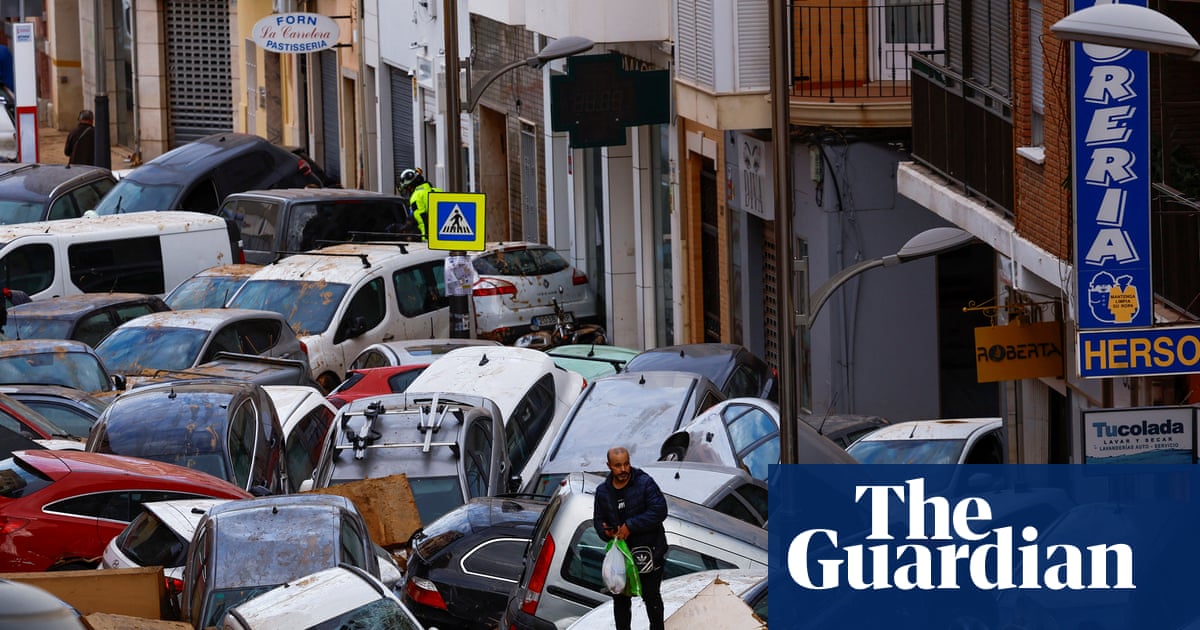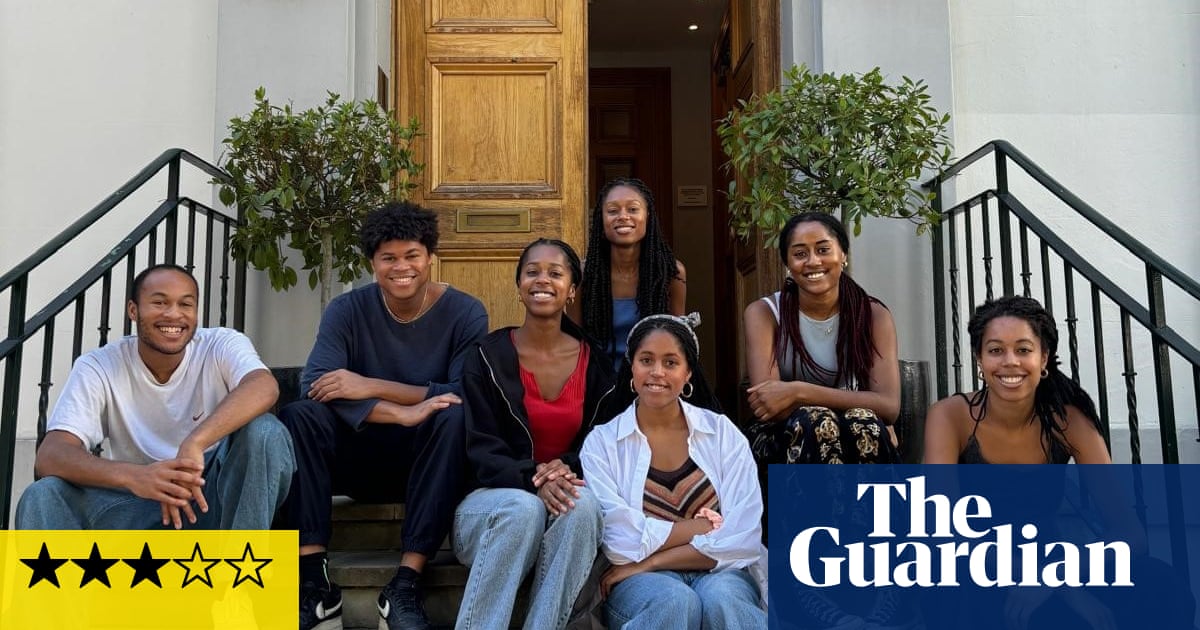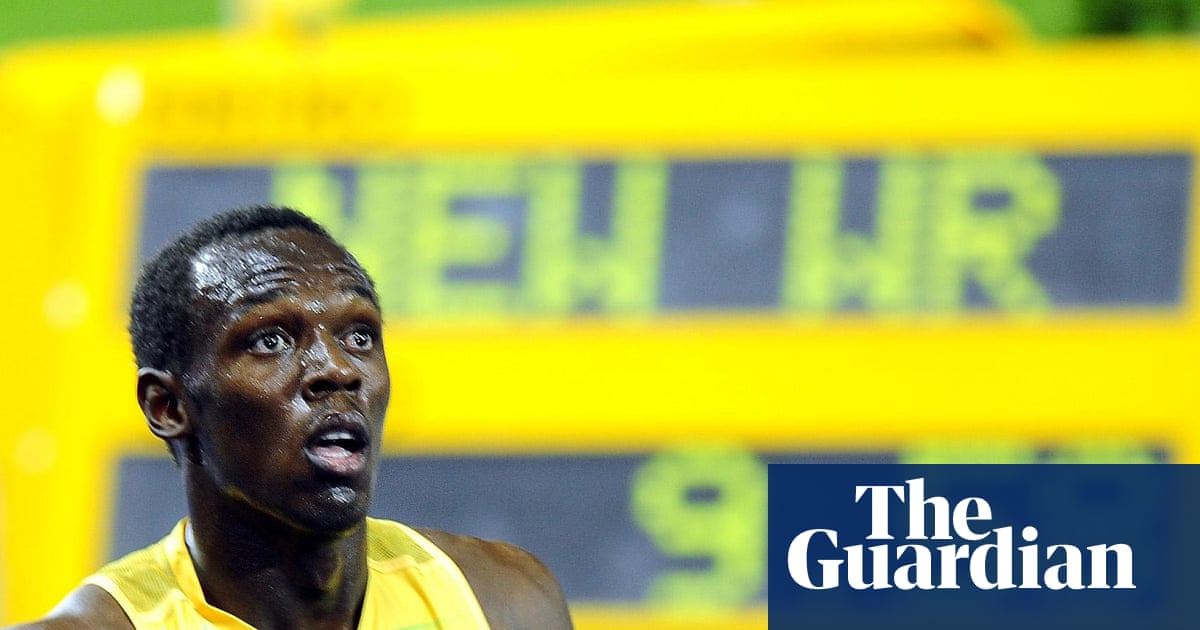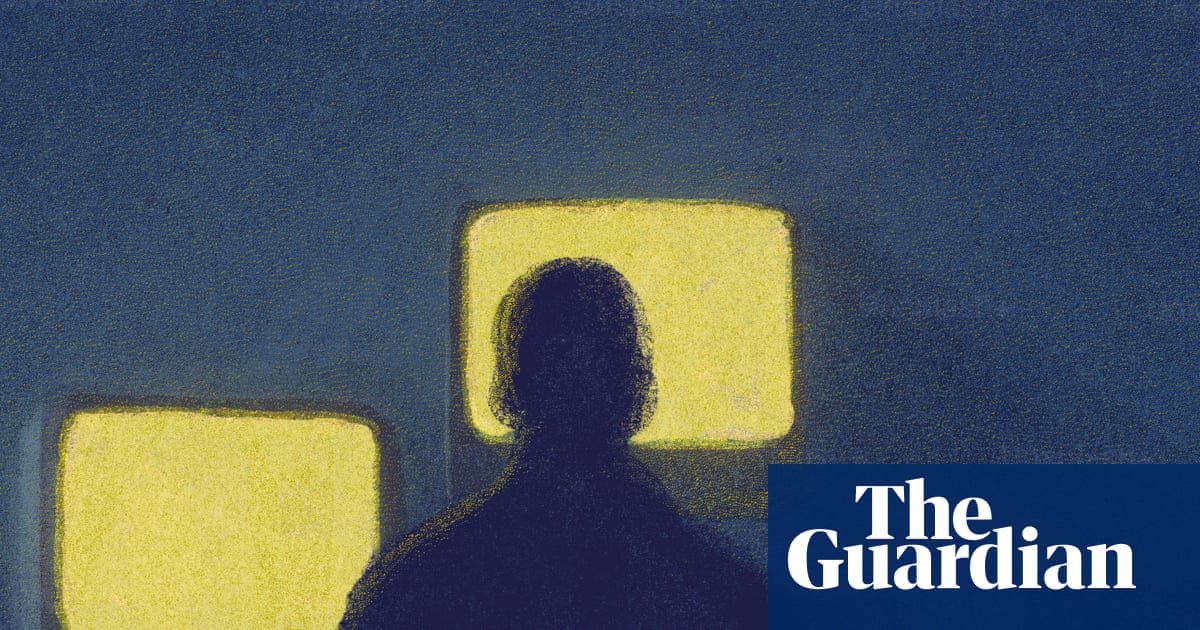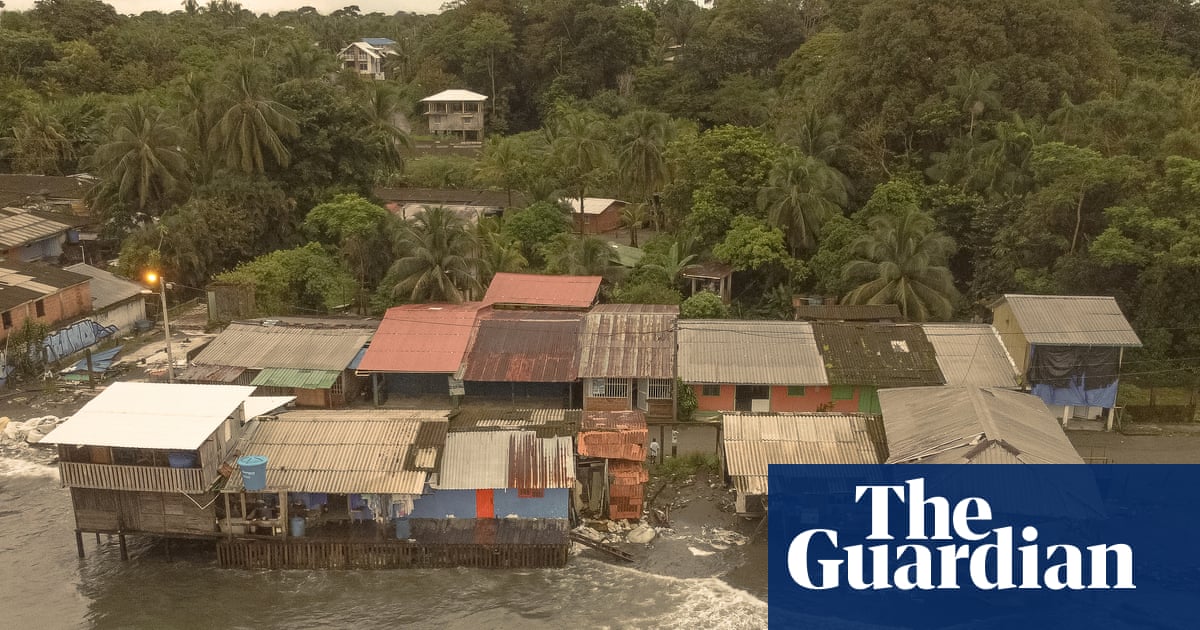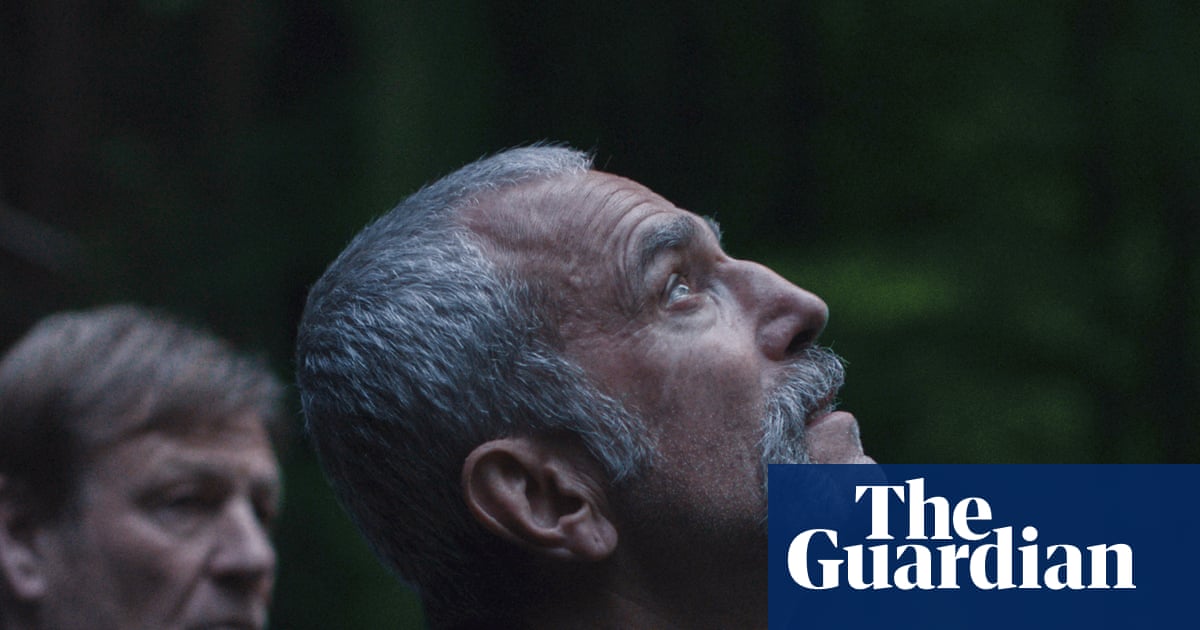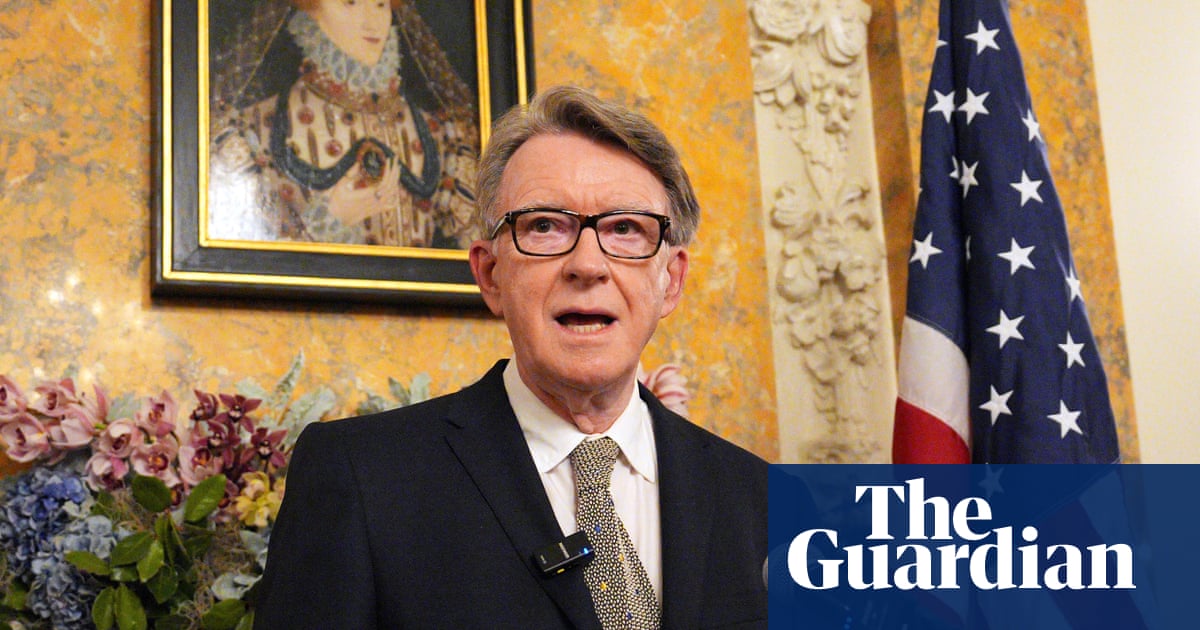When Gary Lineker bids farewell to the BBC on Sunday, his former bosses will be hoping for an end to their problems with headstrong stars harder than England football fans do at major tournaments. And, like England fans, they are sure to be disappointed.
For Lineker was just the highest-profile example representing two existential challenges for the BBC: how to maintain its reputation for impartiality, and how to do so in a toxic and divisive age. Few issues are so difficult, or are being so badly handled by the BBC right now, as the Israel-Gaza conflict.
Lineker blew the final whistle on his BBC career by sharing a video on Instagram that featured an image of a rat over an explanation of Zionism. He followed with a genuinely contrite apology in which he admitted he had not even seen what he called an “emoji with awful connotations”, but the damage had been done.
His departure had been a long time coming. In 2023, Lineker – never a journalist – tweeted criticising the government’s asylum policy, which led to the corporation drawing up guidance for “personal use of social media” for journalists and “flagship programme presenters”. Lineker became the litmus test for the meaning of impartiality in the institution.
The guidelines were meant to draw a line in the sand, while recognising that for its star presenters, building a media brand online is increasingly vital in an age in which more and more media consumers are moving away from traditional platforms.
While there is no debate that antisemitism or racism of any kind should be banned, Lineker and his supporters believe outrage over dying Palestinian children is not akin to taking sides. Read the interview in which he said that, no matter the rhetoric on either side, he simply feels “sick” when he sees so many innocent lives lost. Yet, some Lineker critics in the Jewish community continue to believe he has “baited” them by failing to criticise Hamas or mention the 7 October attacks.
This issue can be difficult to navigate for all media companies, but particularly the BBC, where problems are never just about one presenter or mistake. One of the biggest issues affecting trust in BBC journalism, both externally and internally, is its handling of Gaza. And it’s a terrain that the BBC is clearly struggling to deal with.
The best example of this is perhaps its decision to indefinitely delay broadcasting a documentary about Gaza while it “investigates” another documentary broadcast in February.
The BBC pulled Gaza: How to Survive a Warzone from iPlayer after it emerged that the 13-year-old narrator was the son of a member of the Hamas-run government. The BBC chair, Samir Shah, a respected former journalist, made his feelings clear when he told MPs that such failings were a “dagger to the heart” of the BBC’s claims of impartiality and trustworthiness. His call for swift action has so far resulted in the appointment of Peter Johnston, the BBC’s director of editorial complaints, to investigate. Insiders believe the report could still be weeks away.
In the meantime, Medics Under Fire, an investigation into how all 36 hospitals have been attacked in Gaza with more than 100 doctors killed and many incarcerated, has been shelved. Basement Films, the award-winning producer, point out that their film gives voice to doctors in a war zone from which the world’s media has been excluded. The essence of public service journalism, in other words. Basement, which has taken to showing some of the interviews on social media in recent days, has asked the BBC to release its contract rights on the film so it can be shown elsewhere. A BBC statement said it won’t make any decision “while we have an ongoing review into a previous documentary”.
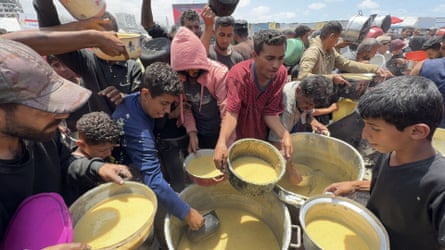
The BBC appears to fear putting out what could be seen as another documentary supporting Palestinians. BBC 2 was able to release Life and Death in Gaza, but that was in October 2024. More recently Louis Theroux’s recent well-received exposé of the settler movement in the West Bank was released. But the programme was outside of the news purview, and helped along by well-placed internal champions including those that “no longer worried about the edicts that came down from on high”, one BBC insider told me.
Such criticism points to the fact that not only does the BBC face external tension, but there are continued rumours about pressures from within. Several people told me a sense of weakness is behind declining levels of confidence in the management in the most recent staff survey. “If things stay as they are, the BBC will never put another what would be seen as pro-Palestinian or pro-Gaza documentary out,” said one.
In this febrile atmosphere, Jeremy Bowen being able to use the word “genocide” in a recent piece was seen as brave, even though he was simply quoting the view of Palestinian agencies.
None of this is easy of course. The BBC has some of the best Middle East correspondents in the world and no one thinks that reporting on a conflict zone from which the world’s media has been excluded is straightforward.
Difficult editorial decisions always take nerve, care and a great deal of courage. The BBC made a stupid mistake by not identifying the background of a documentary narrator, Lineker made one by posting something he seems not to have watched properly. But if the consequences of these mistakes grow out of proportion and affect the way BBC journalists and presenters report, the damage will be far greater. Not just to the BBC, but to all of us.
-
Jane Martinson is a Guardian columnist

 3 months ago
48
3 months ago
48
